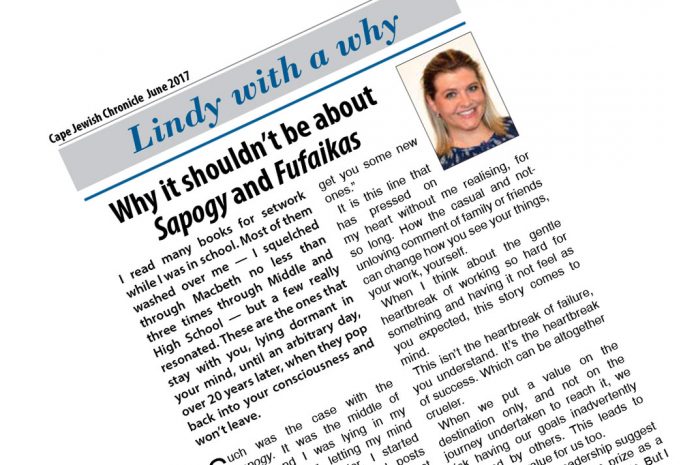I read many setwork books while I was in school. Most of them washed over me — I squelched through Macbeth no less than three times through Middle and High School — but a few really resonated. These are the ones that stay with you, lying dormant in your mind, until an arbitrary day, over 20 years later, when they pop back into your consciousness and won’t leave.
Such was the case with the Sapogy. It was the middle of the night and I was lying in my bed and worrying, letting my mind wander — and wonder. I started thinking about shifting goal posts and disappointment and things not working out the way I had imagined they would. It was the middle of the night — when is the subject matter ever light? My mind went to Siberia… as it does…
Not the Siberia of today, mind you. The Siberia of Esther Hautzig’s The Endless Steppe. A tale of a little girl’s experience in a gypsum mine during The Holocaust.
The story is moving and a satisfying read, but it was the last few paragraphs that had apparently stayed with me all this time.
She really wanted Sapogy and a Fufaika, leather knee-high boots and a green quilted jacket. She was obsessed with getting these items to wear on her trip back to Poland to meet her father, as they were quite the fashion in Siberia and she wanted to look her best.
And so she works tirelessly to earn enough money to buy them. She succeeds — after real sacrifice and hardship — but when she meets her father on the train platform in Poland the first thing he says to her is “And your clothes, lalinka — but don’t worry, the first thing we will do is get you some new ones.”
It is this line that has pressed on my heart without me realising, for so long. How the casual and not-unloving comment of family or friends can change how you see your things, your work, yourself.
When I think about the gentle heartbreak of working so hard for something and having it not feel as you expected, this story comes to mind.
This isn’t the heartbreak of failure, you understand. It’s the heartbreak of success. Which can be altogether crueler.
When we put a value on the destination only, and not on the journey undertaken to reach it, we risk having our goals inadvertently devalued by others. This leads to them losing value for us too.
Many people in leadership suggest keeping your eye on the prize as a good way to achieve your goals. But I would like to disagree with that idea. The secret isn’t to keep your eyes on the prize. I think it’s almost the direct opposite.
Keep your eyes on your feet, taking a step at a time, in your old shoes across a frozen tundra. It’s those steps that can never be taken from you, can never be devalued and are your badge of honour.
In the long run, our goal posts can shift, we can grow to want new things by the time we reach the end-point of a challenge, but what we learn on the journey itself is so valuable and becomes part of our personal fabric for our whole lives.
Perhaps we can all take heart in the fact that it’s the journey and not the destination that’s important, because isn’t there a child in each of us, working and sacrificing for Sapogy and Fufaikas that no one else will quite understand?











